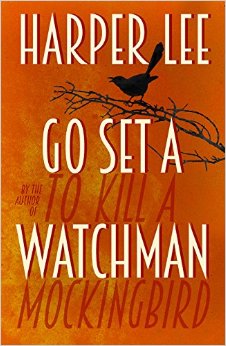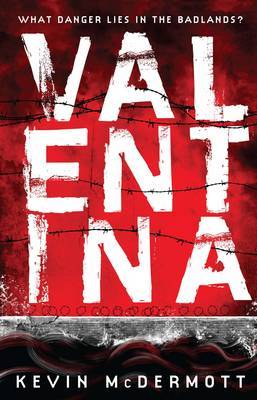Published: 2015
Publisher: Bloomsbury
Pages: 430
Grace and Tippi. Tippi and Grace. Two sisters. Two hearts. Two dreams. Two lives. But one body.
Grace and Tippi are conjoined twins, joined at the waist, defying the odds of survival for sixteen years. They share everything, and they are everything to each other. They would never imagine being apart. For them, that would be the real tragedy.
But something is happening to them. Something they hoped would never happen. And Grace doesn’t want to admit it. Not even to Tippi.
How long can they hide from the truth—how long before they must face the most impossible choice of their lives?
Review:
One by Sarah Crossan follows the story of conjoined twins Tippi and Grace as they attend school for the first time and take their first steps in the “real” world.
If you’re reading this, you probably already know One is written in free verse. As someone who is deeply suspicious of poetry, especially something as “pretentious” as free verse, I had my misgivings about this book. But never fear, this book is beautifully written and the free verse doesn’t take away from the story at all, it even adds to it. However, it makes the book look at lot longer than it actually is, and you will find yourself flying through it much faster than you thought you would. It turns out that I was really wrong about free verse, and I wouldn't hesitate to pick another book by Crossan or in a similar style.
My favourite thing about One was Grace and Tippi’s relationship. I’ve read books about twins before, but there is something different about the relationship of conjoined twins. Grace and Tippi have spent literally every second of their lives together, and it shows through the unique bond they have. They have a relationship that is completely unimaginable to the rest of us, and Crossan does very good job of explaining the bond in a thoroughly touching way.
Family is a huge theme in this book, and Crossan deals very well witht he effect the twins condition has on the rest of the family, and how their own problems and experiences are eclipsed by Grace and Tippi’s. The girls’ mother works tremendously hard to support the girls and the rest of the family, while their father’s drinking begins to tear his marriage and their family apart. Crossan also addresses the effect the girls have on Dragon, their little sister, her health issues and eating disorder. The girls’ condition has a huge affect on the family over time, and though it’snot their fault, they begin to resent themselves for it.
In a similar vein to The Fault in Our Stars , Grace and Tippi have to deal with the prospect of death from an early age. Their whole lives they have been told that they won’t survive much longer, and like Hazel, Augustus and Isaac in TFiOS they approach it with a dark sense of humour that most of the other characters don’t seem to understand, even going so far as to plan their funerals.
I found the way the television crew and the reporter, Caroline, dealt with the girls and their situation very interesting. We've all seen documentaries that brutally exploit people like Tippi and Grace for entertainment value, but Caroline and her co-workers were extremely respectful in their dealings with the twins. It was a huge contrast to the way the general public and people around the girls reacted to them, which was mostly with fear and disgust.
However, this book left me with a lot more questions than answers. Grace and Tippi have very different personalities, how is this possible when they have exactly the same DNA and and environmental upbringing. Biologically speaking, they are the same person, coming from a single embryo that didn't separate fully, but at what point does one person become two? And how did they end up with such different personalities.
I would highly recommend One to practically everyone. It is a quick, yet heart wrenching read, and a wonderful introduction to free verse writing. One is a YA book about love, without being about romance. It will break your heart, and stay with you long after you've put it down.







